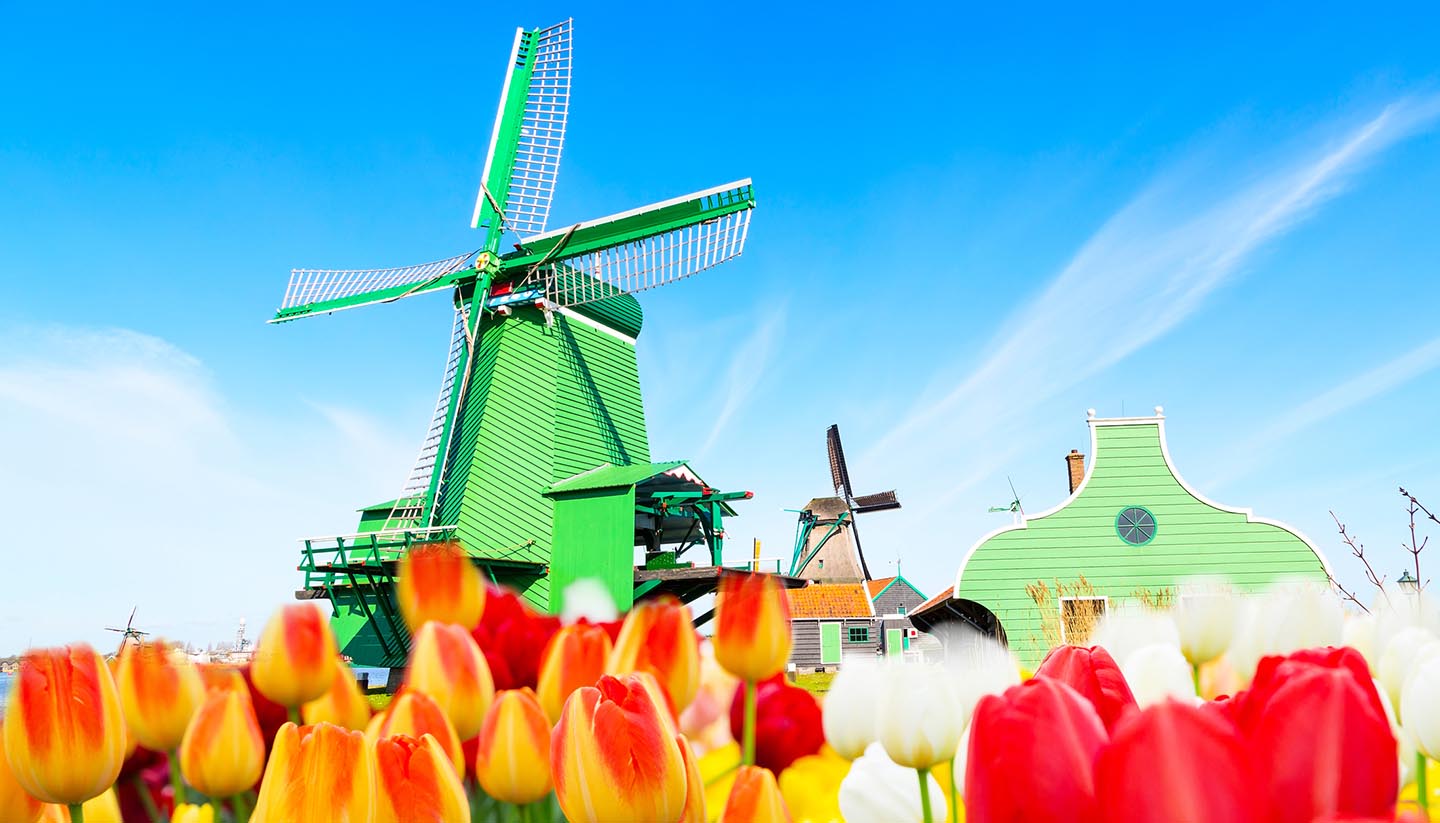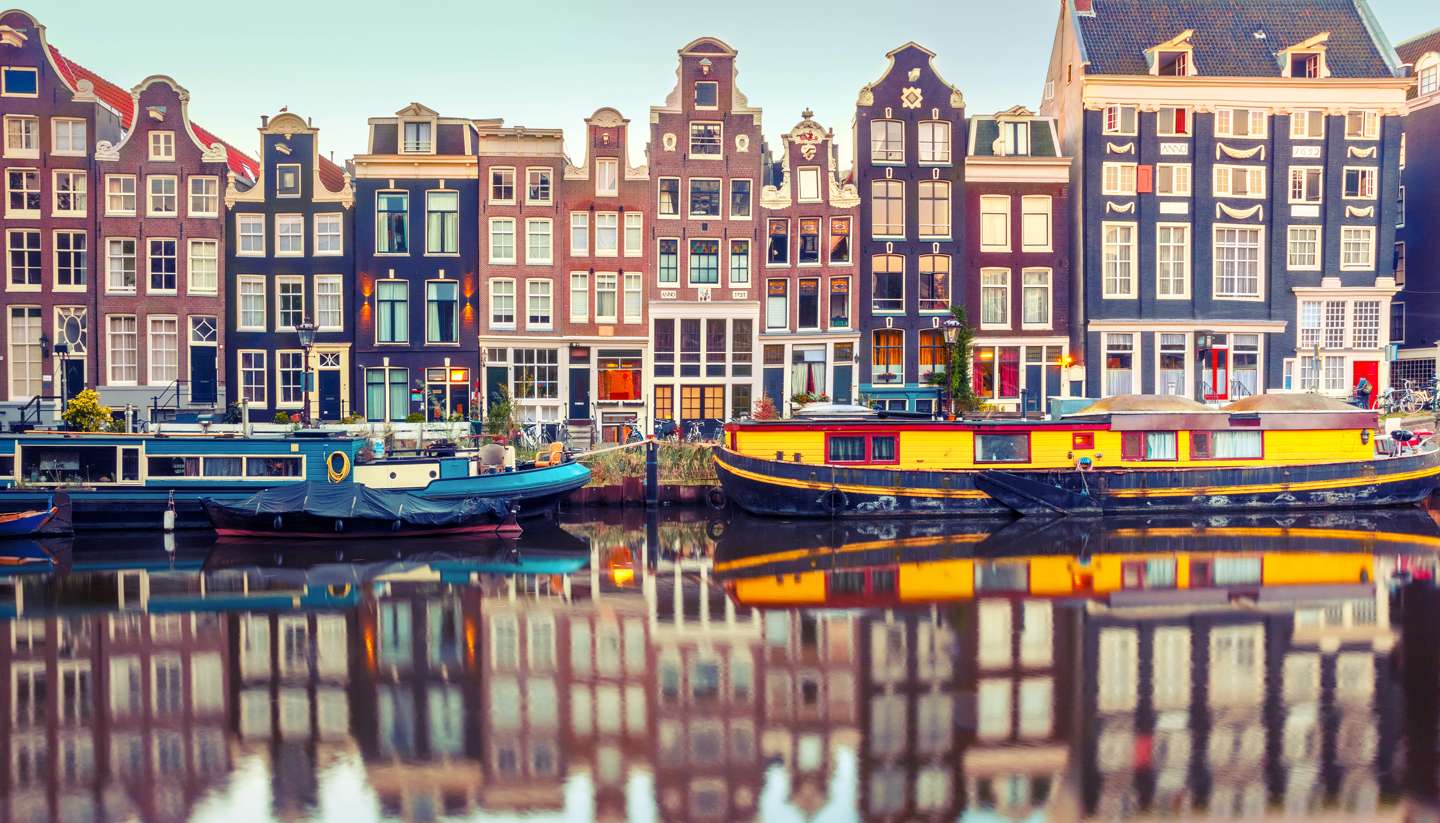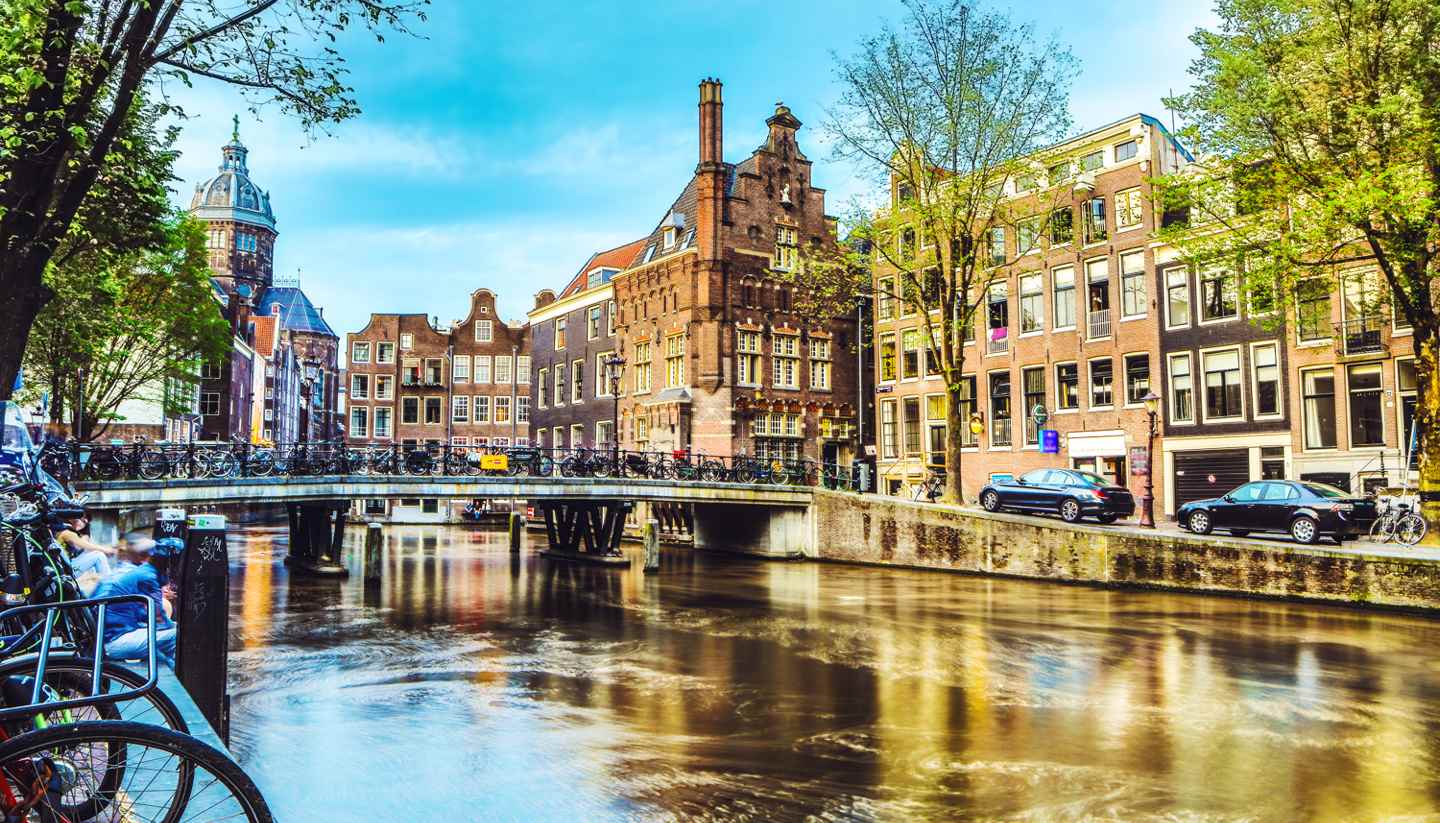Money and duty free for Netherlands
Currency and Money
Currency information
Euro (EUR; symbol €) = 100 cents. Notes are in denominations of €500, 200, 100, 50, 20, 10 and 5. Coins are in denominations of €2 and 1, and 50, 20, 10, 5, 2 and 1 cents.
Credit cards
American Express, Diners Club, MasterCard and Visa are widely accepted.
ATM
ATMs are widely available. ATMs accept bank cards with a Cirrus logo, some ATMs also accept cards with the PLUS logo.
Travellers cheques
Widely accepted. To avoid additional exchange rate charges, travellers are advised to take traveller's cheques in Euros.
Banking hours
Mon-Fri 0900-1700. Only major banks are open on Saturdays. GWK Travelex offices are open seven days a week.
Currency restrictions
There are no restrictions on the import or export of local or foreign currency. However, amounts exceeding €10,000 or equivalent must be declared if travelling from or to a country outside the European Union.
Currency exchange
Money exchange is possible at banks, post offices, at many hotels and at exchange offices. Exchange offices are indicated by the letters GWK. GWK is a national organisation with currency exchange offices at major railway stations, at Schiphol Airport and at the border crossings with Germany and Belgium. Hotels tend to charge high commissions. Verkoop means sell, while Koop means buy.
Netherlands duty free
Overview
The Netherlands is within the European Union. If you are over 17 years old and travelling from outside of the EU, you are entitled to buy fragrance, skincare, cosmetics, Champagne, wine, selected spirits, fashion accessories, gifts and souvenirs - all at tax-free equivalent prices.
The Netherlands' duty-free allowance for travellers from EU countries:
If you are over 17 years old, you are free to buy and take goods with you when travelling between EU countries, provided that you have paid tax on these goods and they are for your own use (not for sale). However, if you bring in more than the following, customs officials are likely to question you:
• 800 cigarettes or 400 cigarillos or 200 cigars or 1kg of tobacco.
• 90L of still wine of which a maximum of 60L can be sparkling wine.
• 110L of beer.
• 10L of alcoholic beverages stronger than 22% or 20L of fortified or sparkling wine or other liqueurs up to 22%.
Beware that each EU country has different rules for travellers under 17 years old. Please check before you travel.
The Netherlands' duty-free allowance for travellers from non-EU countries:
If you are arriving from a non-EU country, the following goods may be imported into the Netherlands by travellers with a minimum age of 17 years without incurring customs duty:
• 200 cigarettes or 100 cigarillos (max. 3 grams each) or 50 cigars or 250g of tobacco. You may combine any of these products provided that you do not exceed the total limit.
• 4L of wine and 16L of beer and 1L of spirits over 22% volume or 2L of alcoholic beverages less than 22% volume. You may combine any of these products provided that you do not exceed the total limit.
• Other goods up to the value of €430 (or €300 if arriving by private plane or boat).
Banned Imports
Banned imports include counterfeit goods, endangered plant and animal species, arms and ammunition, narcotics, and antiques without an export permit from the country of origin.
You also cannot bring meat, fish or dairy products from outside the EU to the Netherlands.
Banned Exports
Counterfeit goods, uncertified plant and animal products, endangered plant and animal species, arms and ammunition, and unlicensed cultural artefacts.




